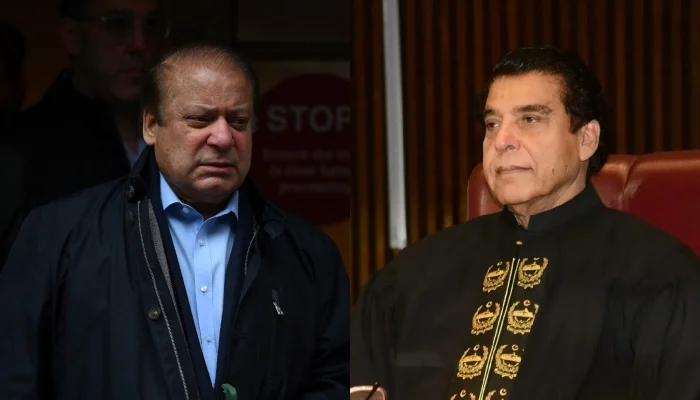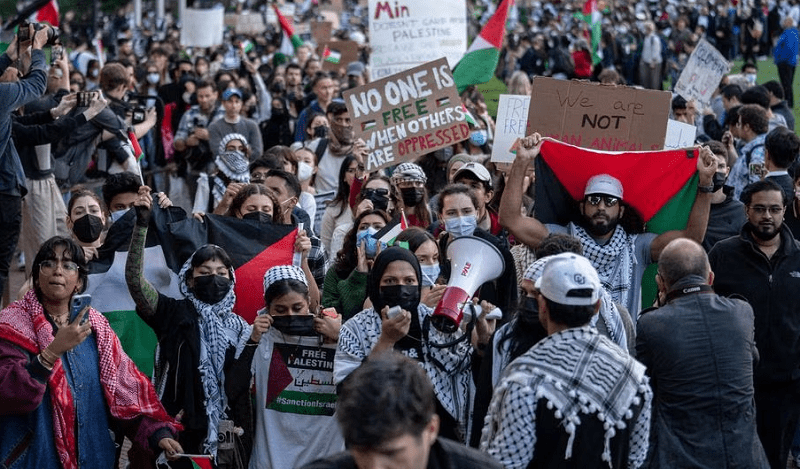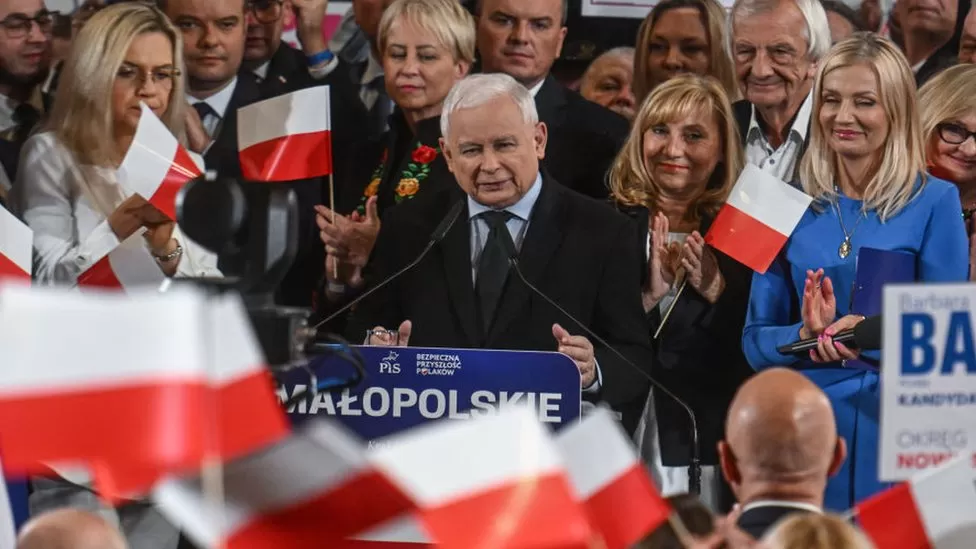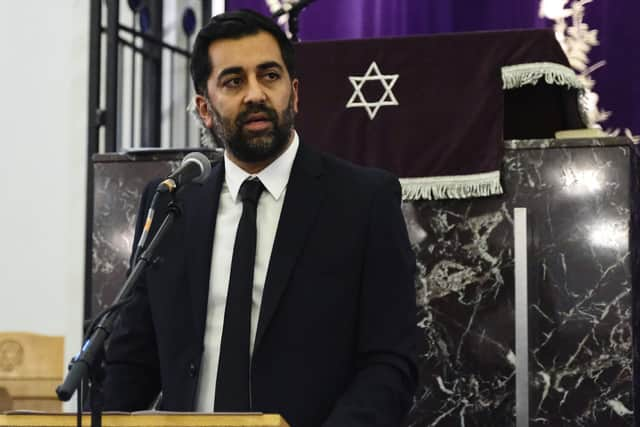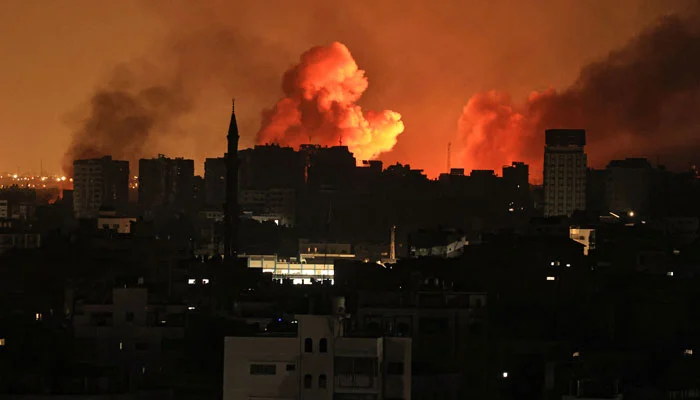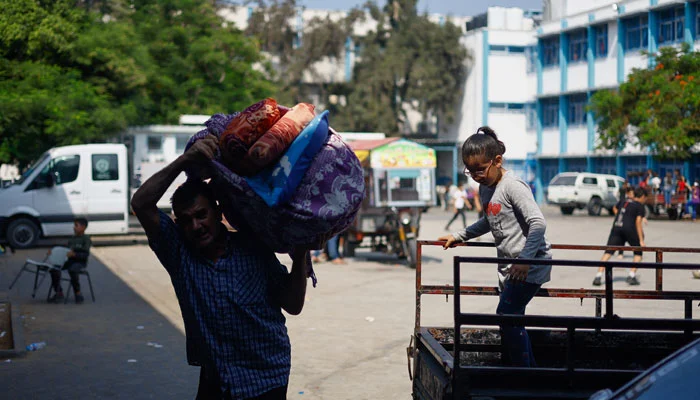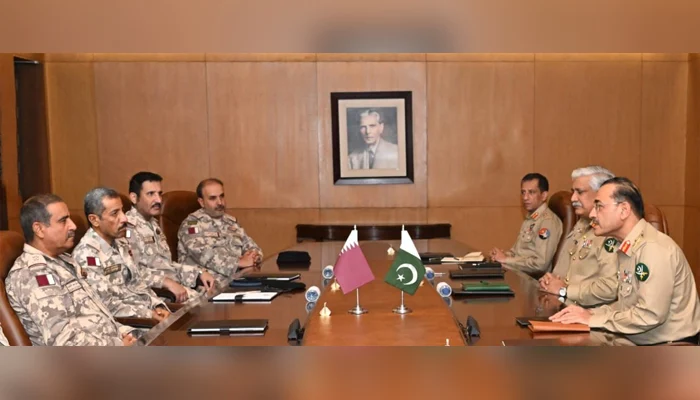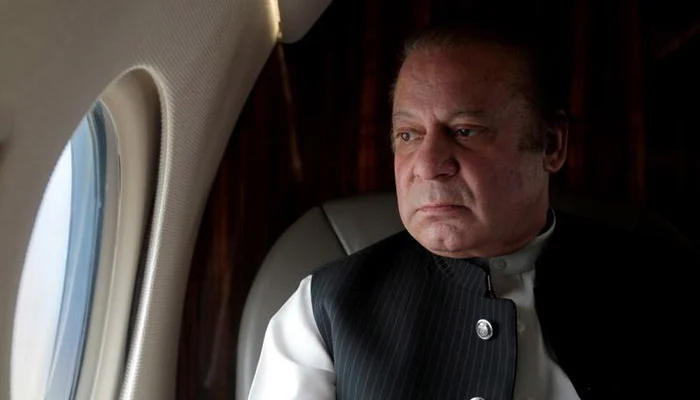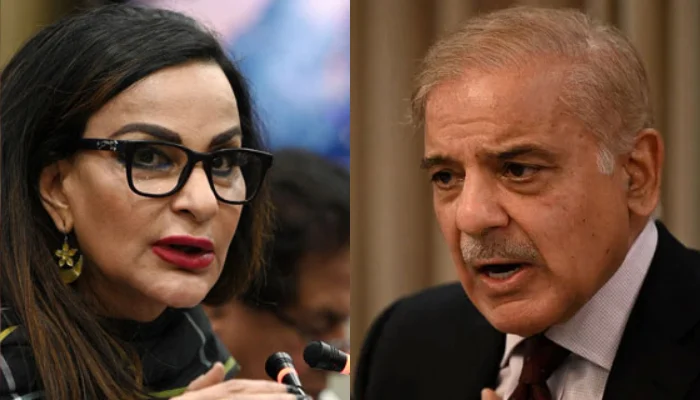ISLAMABAD: As the day for the return of Pakistan Muslim League-Nawaz (PML-N) supremo Nawaz Sharif approaches, National Assembly Speaker Raja Pervez Ashraf said there may be an “understanding” behind the senior politician’s homecoming
Speaking with journalists in the federal capital, Ashraf said: “Obviously, there must have been some understanding for the return of Nawaz Sharif to the country. Why he’s coming back now? Why he didn’t come back earlier.”
The Pakistan People’s Party (PPP) leader’s statement came during a meeting with the delegation of the Parliamentary Reporters Association’s elected body. Led by President Usman Khan and General Secretary Naveed Akbar, the newly-elected PRA body called on the NA speaker.
During the course of the discussion, Ashraf spoke about the PML-N supremo’s health, stating that it should be fine.
When a journalist questioned him about the general elections scheduled to take place next year, the NA speaker replied with a counter question and asked: “Can you tell me the election is taking place.”
Replying to a question about the PPP, Raja Pervez Ashraf said the mood of the party had been very cool and better. “If PPP is talking about a level playing field, then there is really something in it,” he said.
The politician added that the PML-N members were included in the federal and Punjab cabinet and even today, all the work of the party-led government was going on.
Responding to another question, the NA speaker said if the election would be held with PTI Chairman Imran Khan in jail, he would become stronger.
In reply to another question about the reopening of the National Accountability Bureau (NAB) cases, he said false cases had been made against the PPP leaders. “We are ready to face these cases,” he said.
In a reply to another question, the NA speaker said the top court’s verdict upholding the Supreme Court (Practice and Procedure) Act 2023, manifested that Parliament is the supreme institution.
“It is a praiseworthy decision as the Supreme Court upheld the legislation enacted by Parliament,” he said.
Nawaz’s homecoming
Meanwhile, the three-time former prime minister — who was on his way back home after four years of self-imposed exile — accompanied by his son Hussain Sharif and other close aides performed Umrah following his landing in Saudi Arabia ahead of his return to Pakistan.
Nawaz had left London for Pakistan via Riyadh and Dubai — on Wednesday.
After performing Umrah, the PML-N supremo will reside in Dubai for three days and then fly to Pakistan in a chartered plane on October 21 to address a gathering at Minar-e-Pakistan, where he will chalk out his agenda ahead of the next elections.


